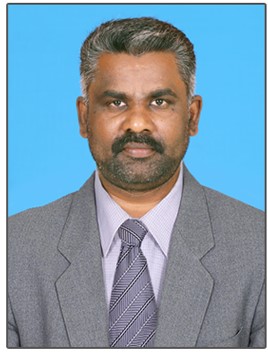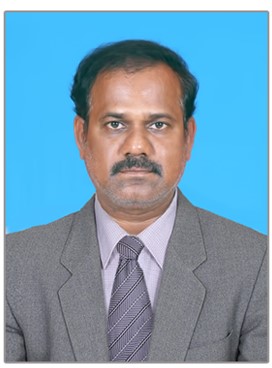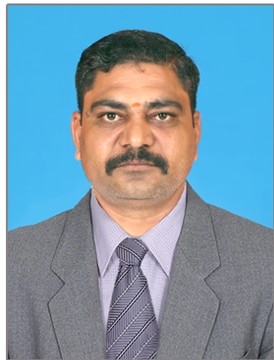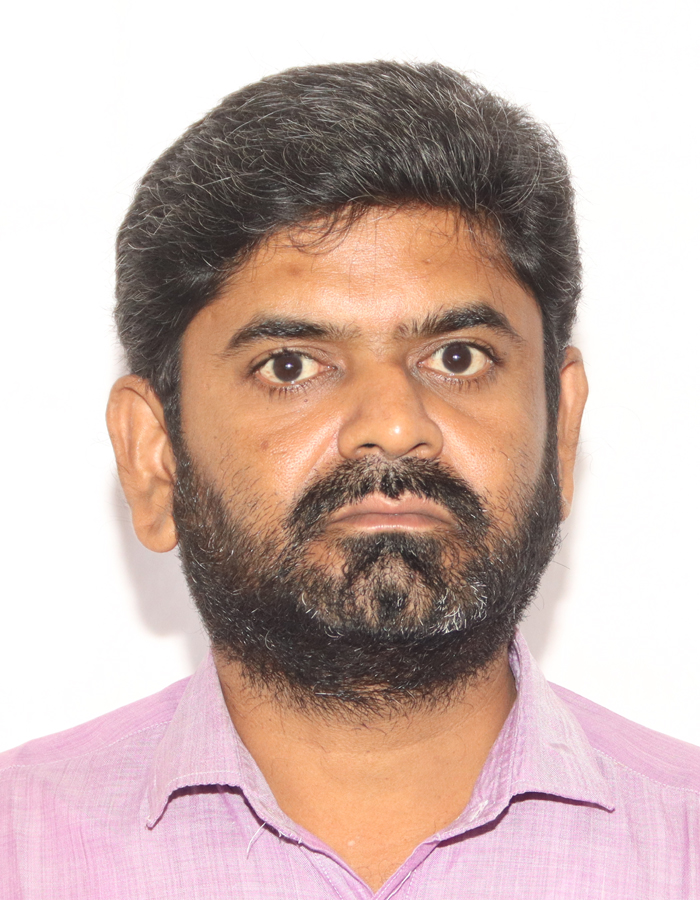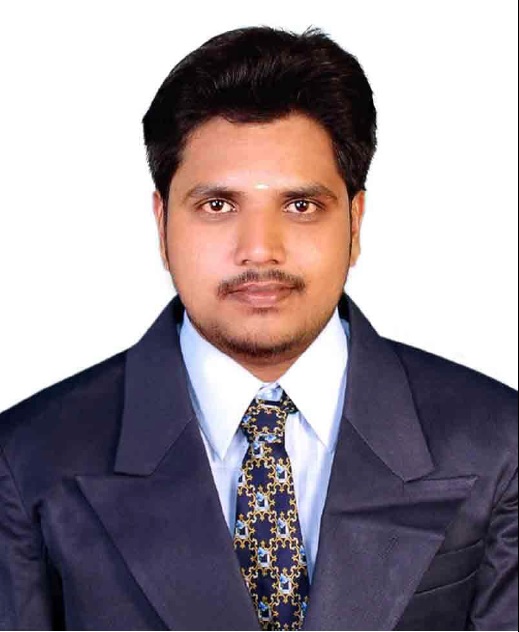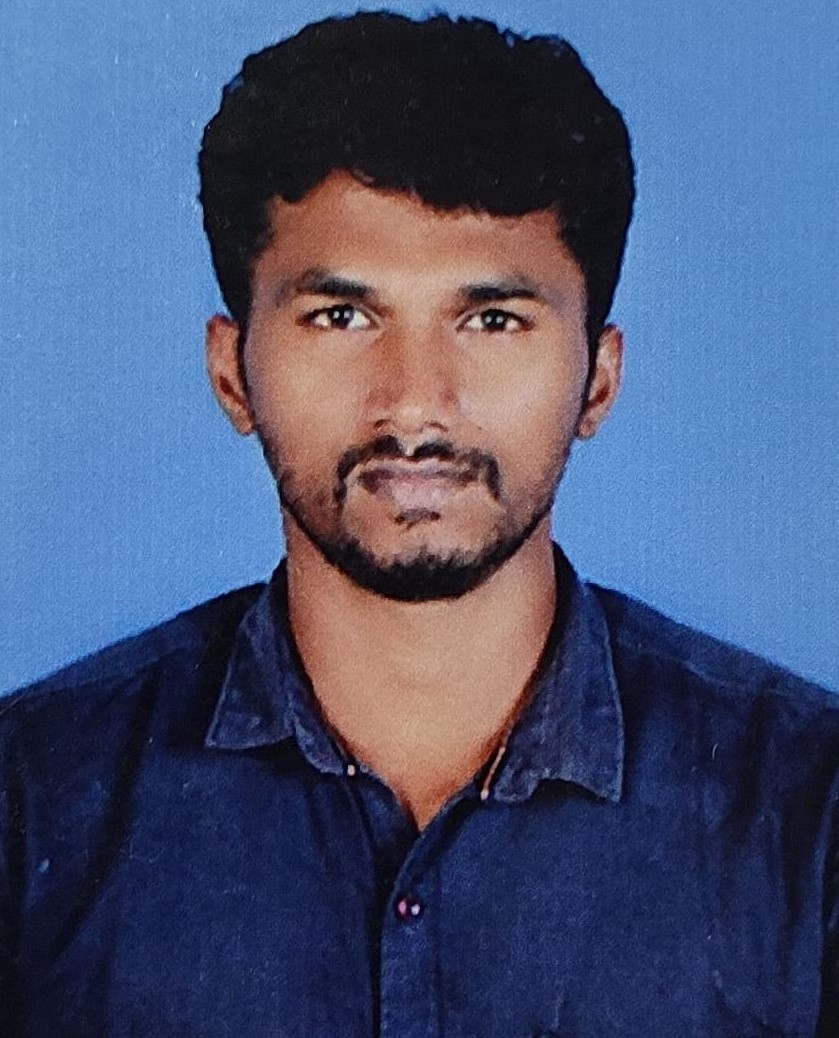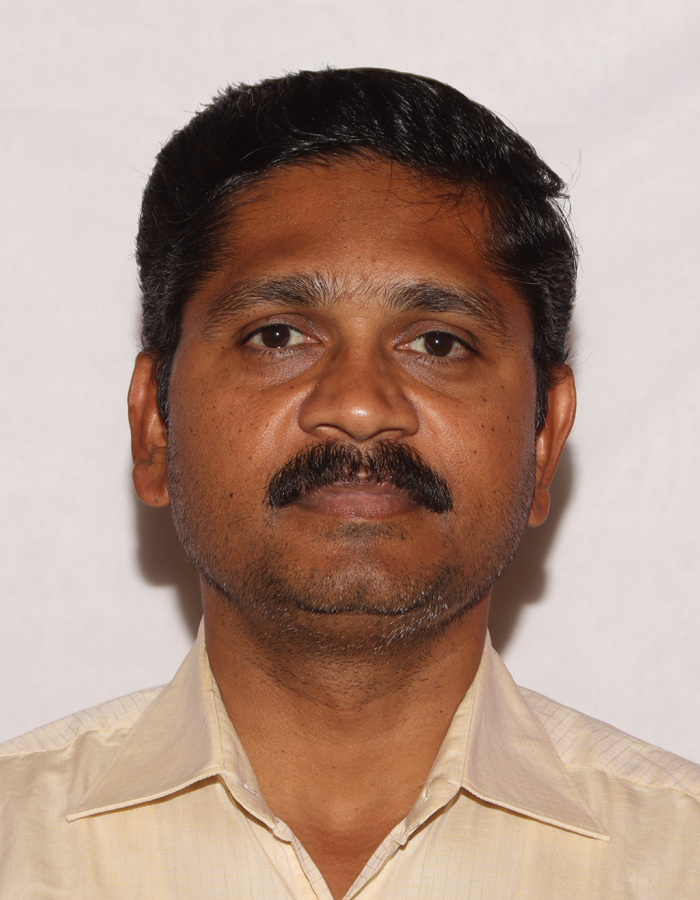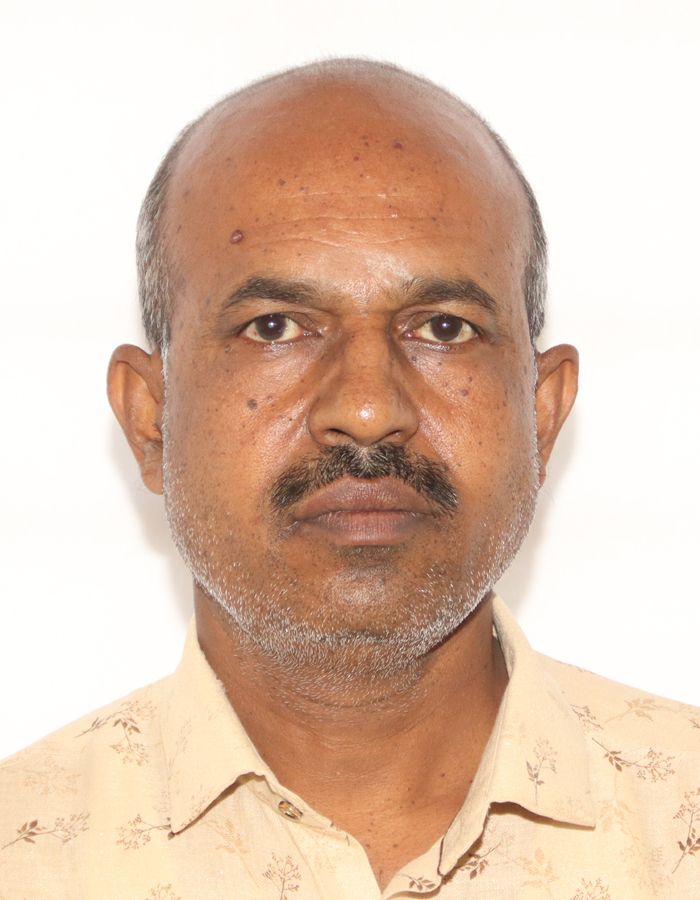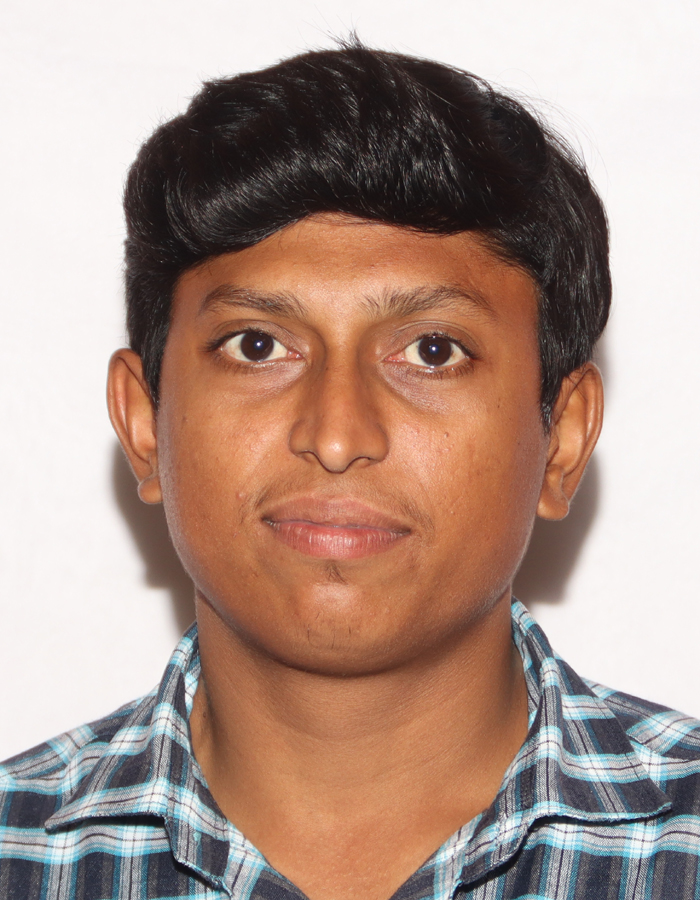- About Department
- Faculties
- Laboratary
- Activities
- Syllabus
About Department
Department of Mechanical Engineering is one of the most reputed departments in TKSPC. The department has been offering diploma courses in mechanical engineering since 2007. The department has a strong research base and conducts regular workshops, seminars and symposia on various topics related to mechanical engineering. The Department also encourages students to participate in national and international technical conferences in order to develop their skills as well as enhance their knowledge about global trends in mechanical engineering. The Department has an excellent faculty consisting of experts who have a deep understanding of their subject areas, enjoy teaching students and are committed towards providing quality education.
Faculties
Laboratory
- CNC LAB
- WORKSHOP
- THERMODYNAMICS & AUTOMOBILE LAB
- CAD / CAM LAB
A diploma in mechanical engineering typically includes coursework in mechanical engineering principles, as well as hands-on experience in a laboratory setting. The specific lab courses and projects that are part of a mechanical engineering diploma program will vary depending on the institution and the specific focus of the program. However, common topics that may be covered in a mechanical engineering laboratory include:
- Mechanics: This includes courses in statics (the study of forces and their effects on stationary objects), dynamics (the study of motion and its causes), and strength of materials (the study of how materials behave under stress).
- Materials science: This includes courses on the properties and characteristics of different materials, as well as how they are used in the design and manufacturing of mechanical systems.
- Fluid mechanics: This includes courses on the behavior of liquids and gases, and how they can be used to transmit forces and generate power.
- Thermodynamics: This includes courses on the principles of energy transfer and conversion, and how they relate to the performance of mechanical systems.
- Manufacturing: This includes courses on the processes and techniques used to manufacture mechanical components and systems, including welding, casting, and machining.
In a mechanical engineering laboratory, students may have the opportunity to work with equipment such as lathes, mills, and other machine tools, as well as software such as computer-aided design (CAD) and computer-aided manufacturing (CAM). They may also have the opportunity to conduct experiments and perform hands-on projects to gain practical experience in applying the principles they have learned in their coursework.
Activities
Activities related to a diploma in mechanical engineering may include:
- Classroom lectures: These will cover the theoretical principles of mechanical engineering, such as mechanics, materials science, thermodynamics, and manufacturing.
- Laboratory sessions: These will provide hands-on experience with equipment and software used in mechanical engineering, as well as the opportunity to conduct experiments and perform projects.
- Design projects: These may involve designing and building prototypes of mechanical systems or components, using CAD software and other design tools.
- Field trips: These may be organized to visit industrial or manufacturing facilities, to give students the opportunity to see mechanical engineering principles in action.
- Group projects: These may involve working with other students to solve problems or complete projects, giving students the opportunity to collaborate and learn from their peers.
- Industry internships: Many mechanical engineering programs offer the opportunity for students to complete internships at companies or organizations in the field, giving them real-world experience and the opportunity to network with professionals.
Overall, the activities in a diploma in civil engineering program are designed to provide students with a well-rounded education that prepares them for careers in the field.

